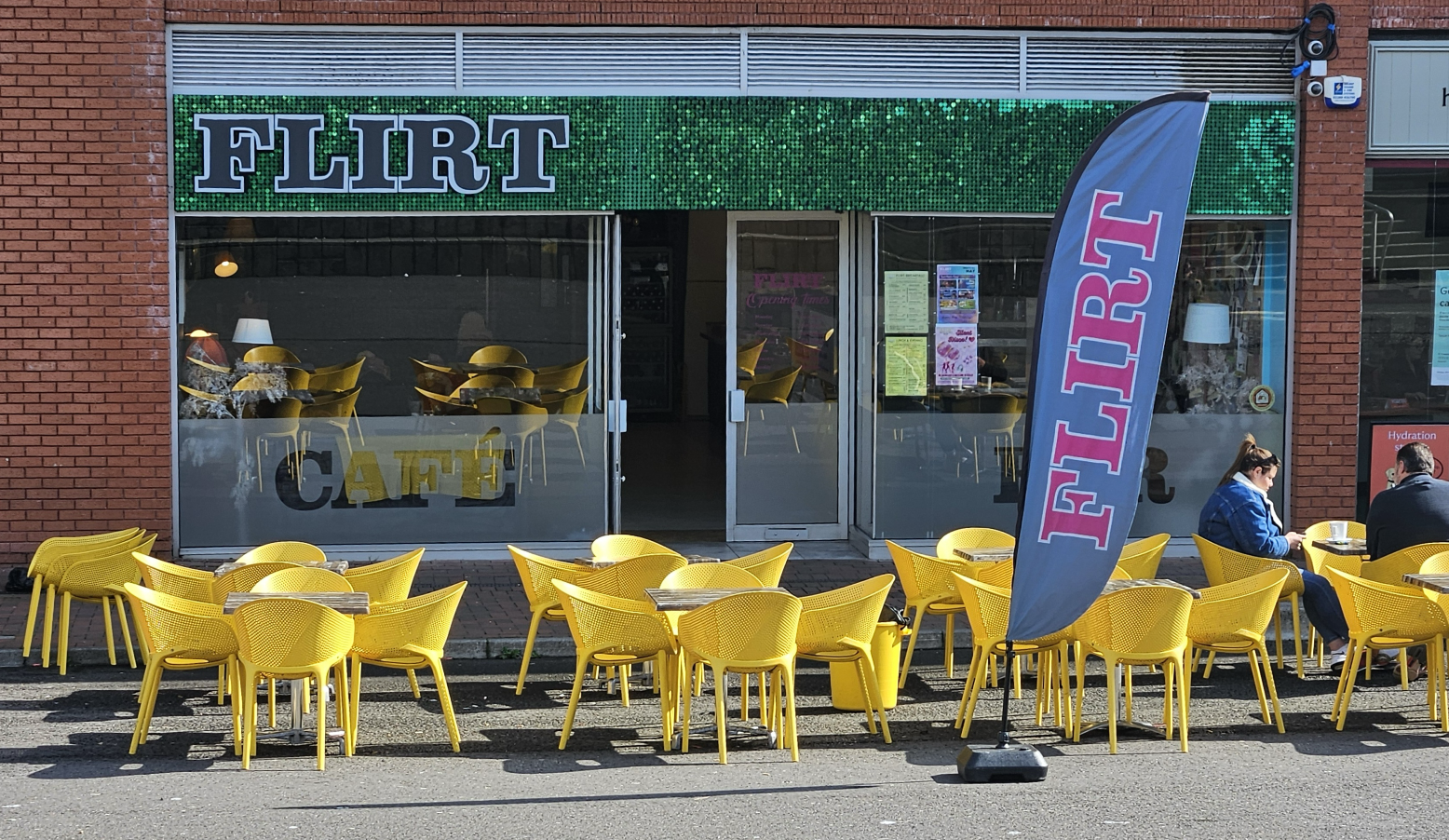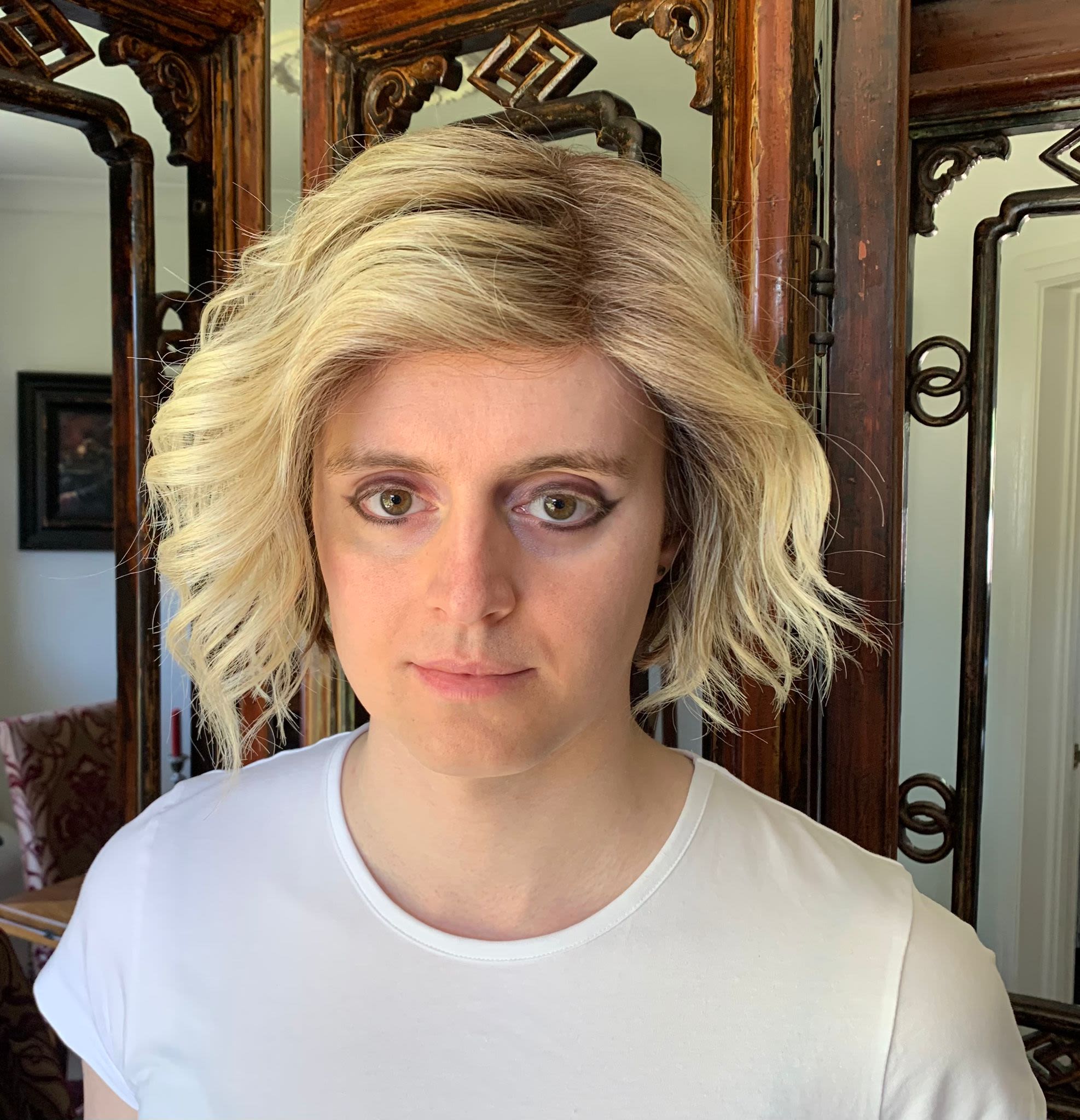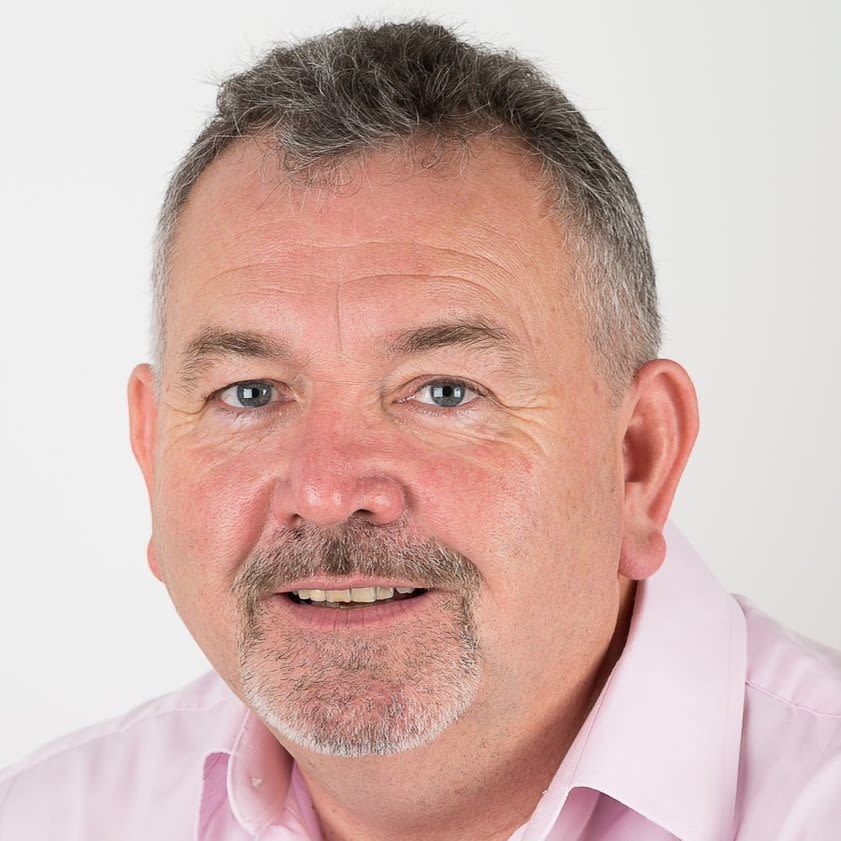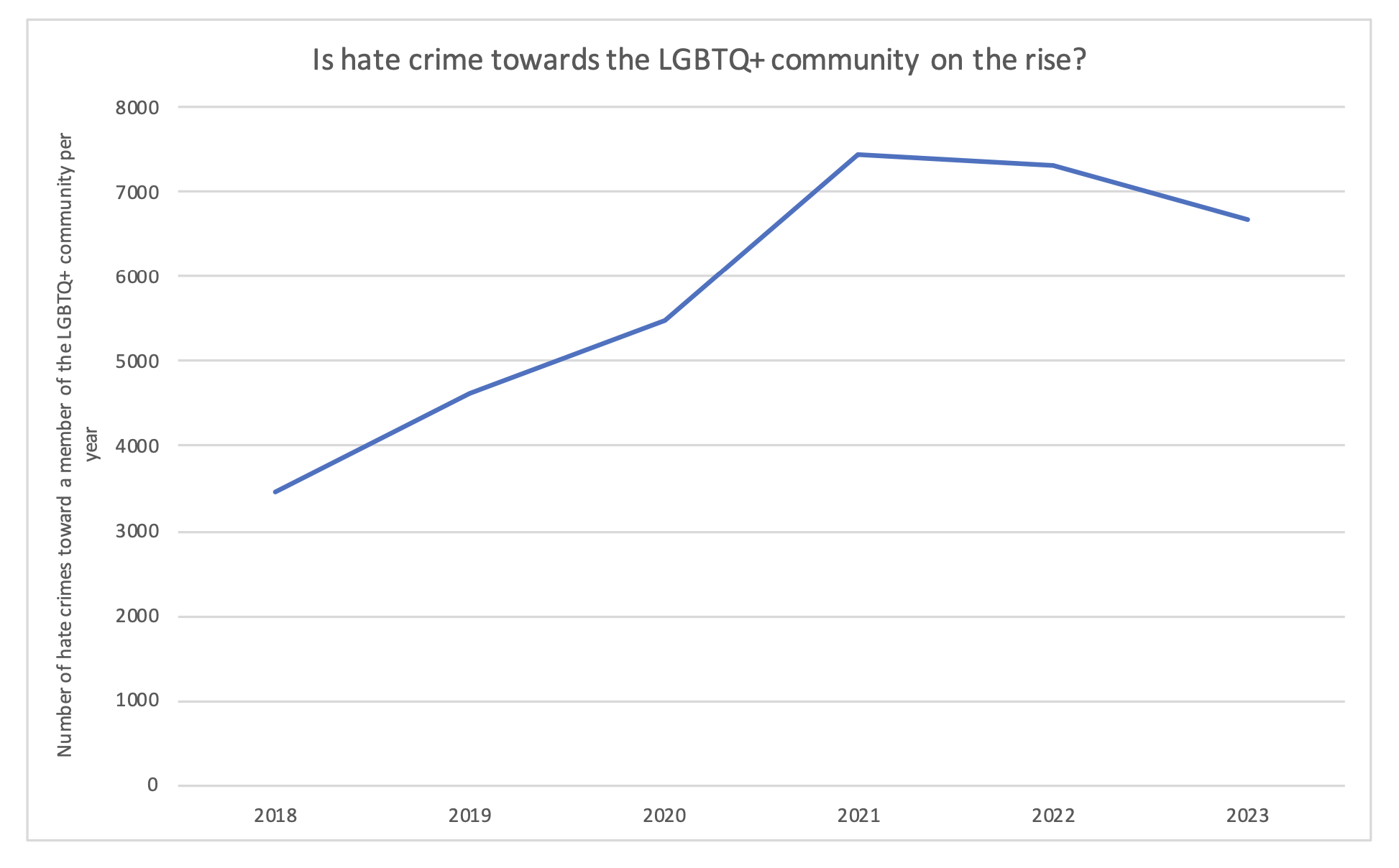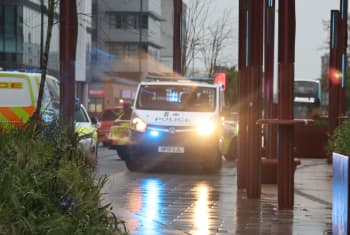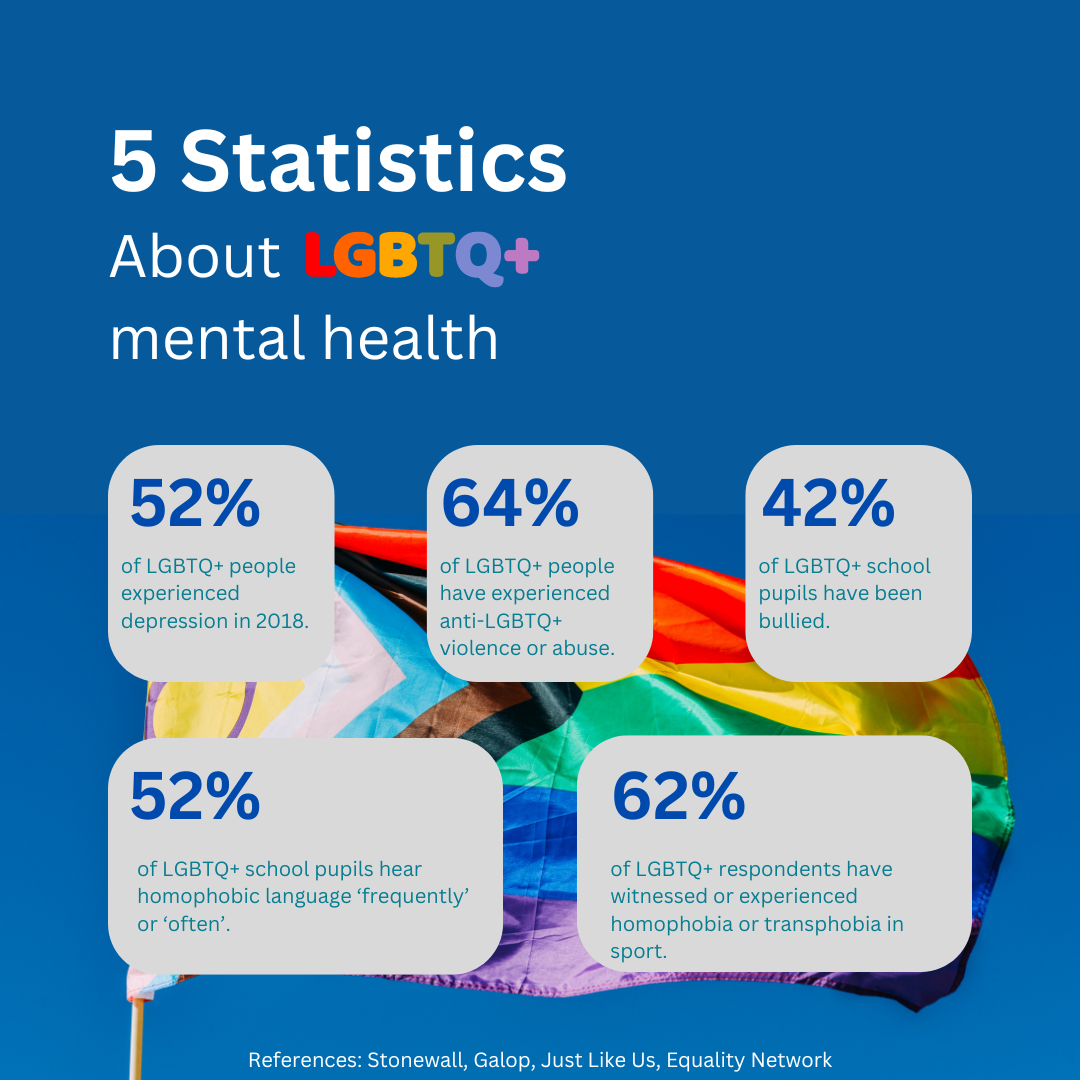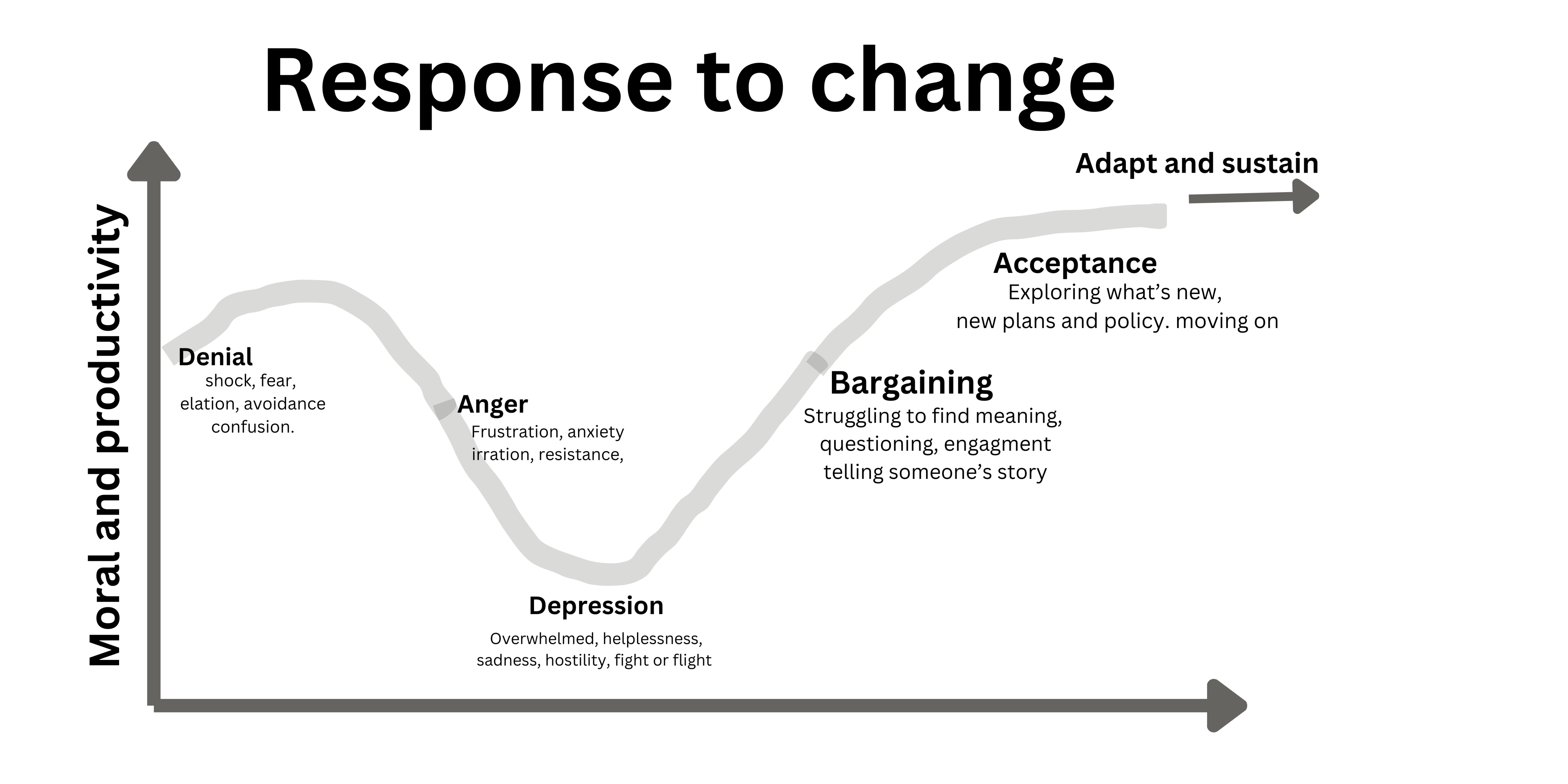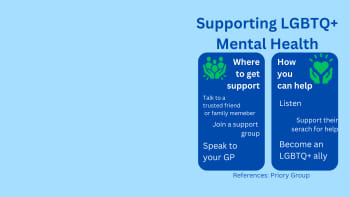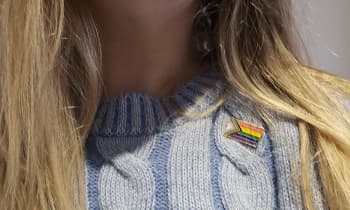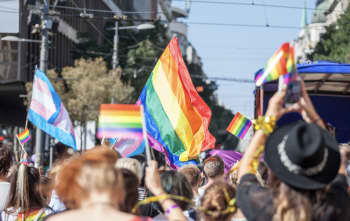Hate crime: the indirect effects
For the LGBTQ+ community hate and harassment are never far away. But for someone who has never been directly targeted, how do such incidents affect them?
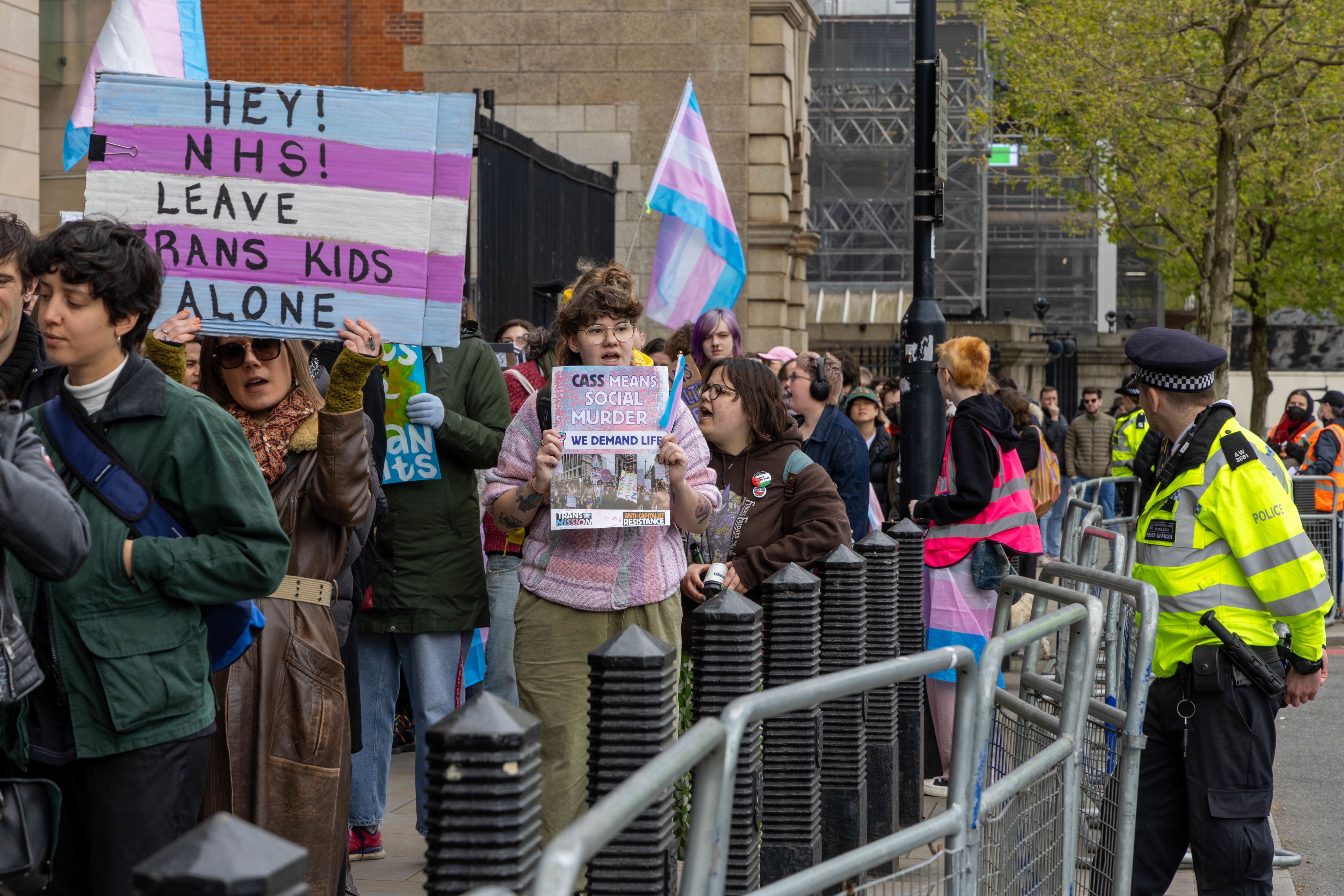
Carmilla Williamson first questioned her gender identity when she was 21 while doing a degree in Drama and German at the University of Kent.
It took her two years to accept she was transgender. At 26 while volunteering as a Room Guide at Highcliffe Castle, where she lives, she started to socially transition.
Eight years on Carmilla has come to realise that she has been living as a transgender person for much longer. “Looking back, I was starting to show maybe some signs as a teenager but the whole concept of being trans was very remote to me.”
Carmilla Williamson. Photo taken by her mum, Julie Purchase
Carmilla Williamson. Photo taken by her mum, Julie Purchase
Carmilla admits she feels lucky that her friends and family were instantly accepting of her transgender identity. “I have not been a direct target of discrimination or any kind of transphobia.”
Yet although she is confident being her true self, there is a worry about harassment or assault because of who she is. “Even if we get through a whole day of not being on the receiving end anything, it still feels like we have because we will have played out those scenarios over and over again in our head as a kind of mental preparation for the possibility that it might happen.
It is exhausting, absolutely exhausting and I do not get why the fuck I should have to live like that.”
Does such anxiety ever dictate what Carmilla does or stop her going out?
“It certainly makes me careful. I don’t think it would stop me because I think especially since living full time as my true self, and gaining a lot of confidence from that, it’s become a lot easier to just tackle things head on.” Whilst she is confident going out, while out with friends she feels a duty of care. “I would take it upon myself to almost be the ‘mum friend’ and protect them a bit.”
Another fear of Carmilla's is how little help she might get if something happened to her and tried to report it.
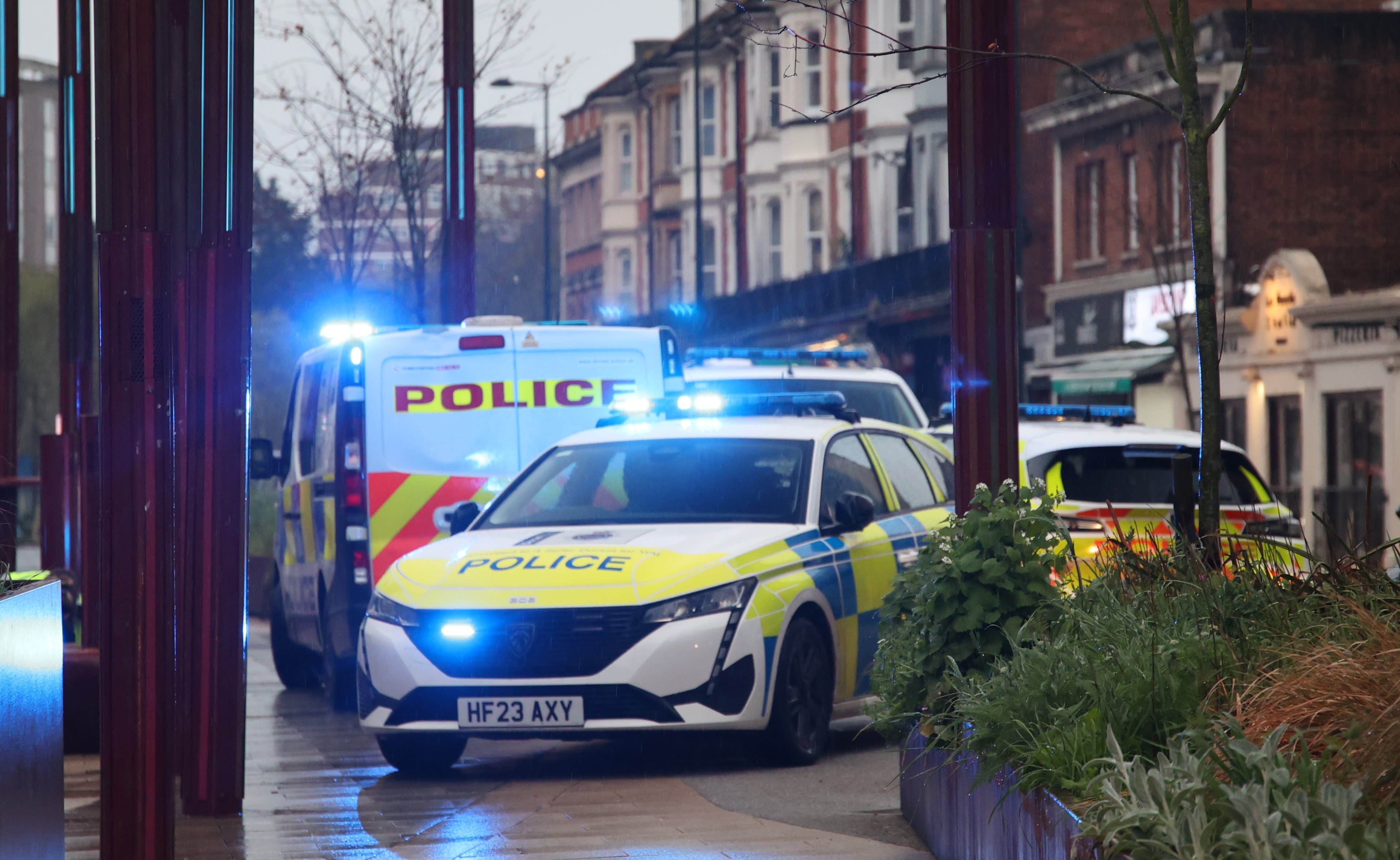
Martyn Underhill is a former Police and Crime Commissioner (2012-2021) for Dorset Police and now lectures in criminology.
As an LGBTQ+ ally and someone who has been involved with policing for over 40 years, he is adamant that no matter how small the incident you should always report it. “The only way politicians can steer the police, whether a Police and Crime Commissioner or the Home Secretary, is by knowing the extent of the problem. We need everyone reporting.”
Martyn recalls a time he met 20 disabled people. “I said to them how many of you here have received hate crime comments about being disabled?’ Every hand went up. Then I asked, how many of you reported to the police? One hand went up.”
Photo of Martyn Underhill
Photo of Martyn Underhill
“I think the numbers are scary and unless the police and other authorities know how big the problem is, they can't deal with it, says Martyn. He understands that trust in the police is very low, why would people report to a force they don't trust? Martyn admits the police need to rebuild trust with the public again.
So, if he were still the Police and Crime Commissioner what would he do? “When I was the Police and Crime Commissioner, I commissioned a gay charity to be the third-party reporting arm of hate crime and the reason I did that is a lot of LGBTQ+ people do not trust the police.
It made a huge difference. The report numbers doubled.”
In February 2024 I submitted 45 Freedom of Information (FOI) requests on hate crime towards the LGBTQ+ community, for the last six years, to every police department in the UK.
In 2018, just over 3400 hate crimes were reported. In 2023 over 6600 were reported.
Martyn believes hate crime up because everybody is angrier since the pandemic. “Assaults have gone up. Public order offences have gone up, and everything involves bad-tempered people. When people are angry, they say things they're going to regret and that leads to more hate crime in all across all of the protected categories. I'm quite depressed by it, actually, but I don't know what we do to make people happier.”
Carmilla agrees with Martyn, but she also thinks “a lot of it is active backlash has been growing because the challenge to what’s a very heteronormative notion of normality, which allows the majority to stay on top, is being challenged. The media is very sensationalist and vilifying which is not helping either because in the end, we are the ones that get hurt.”
Findings show that between 2020 and 2021 hate crime reported increased by 55%.
Chart showing information from FOI requests, created by Cat Lindsay
Chart showing information from FOI requests, created by Cat Lindsay
Dorset Police’s statistics from the FOI requests were 154 reported but only 24 were arrested or charged in 2023. Martyn said that compared to some other crimes the figure is not as bad as it looks. “When you think police are solving 6% of burglaries and less than 1% of rape allegations. The numbers you've just given me is roughly 20 to 25%.”
Martyn explained the problems the police face in pursuing hate crime directed towards the LGBTQ+ community. “A lot of LGBTQ+ crimes happen late at night; the victim is often intoxicated. The offender is often intoxicated, it's very difficult to then locate that offender unless they’re on CCTV.”
Martyn said the other big problem is that a lot of anti LGBTQ+ hate happens online. “A lot of the social media companies are very slow at assisting police inquiries and by time you actually get the details of the person who made the homophobic comment, the victim quite often says ‘I've moved on’.”
Whilst there are challenges the police face with catching perpetrators, Martyn says is not creating excuses for the police.
Martyn also thinks the FOI responses do not reflect what’s actually happening. “154 LGBTQ+ hate crimes in 2023, I would estimate there's at least 1000 people who won’t report them.”
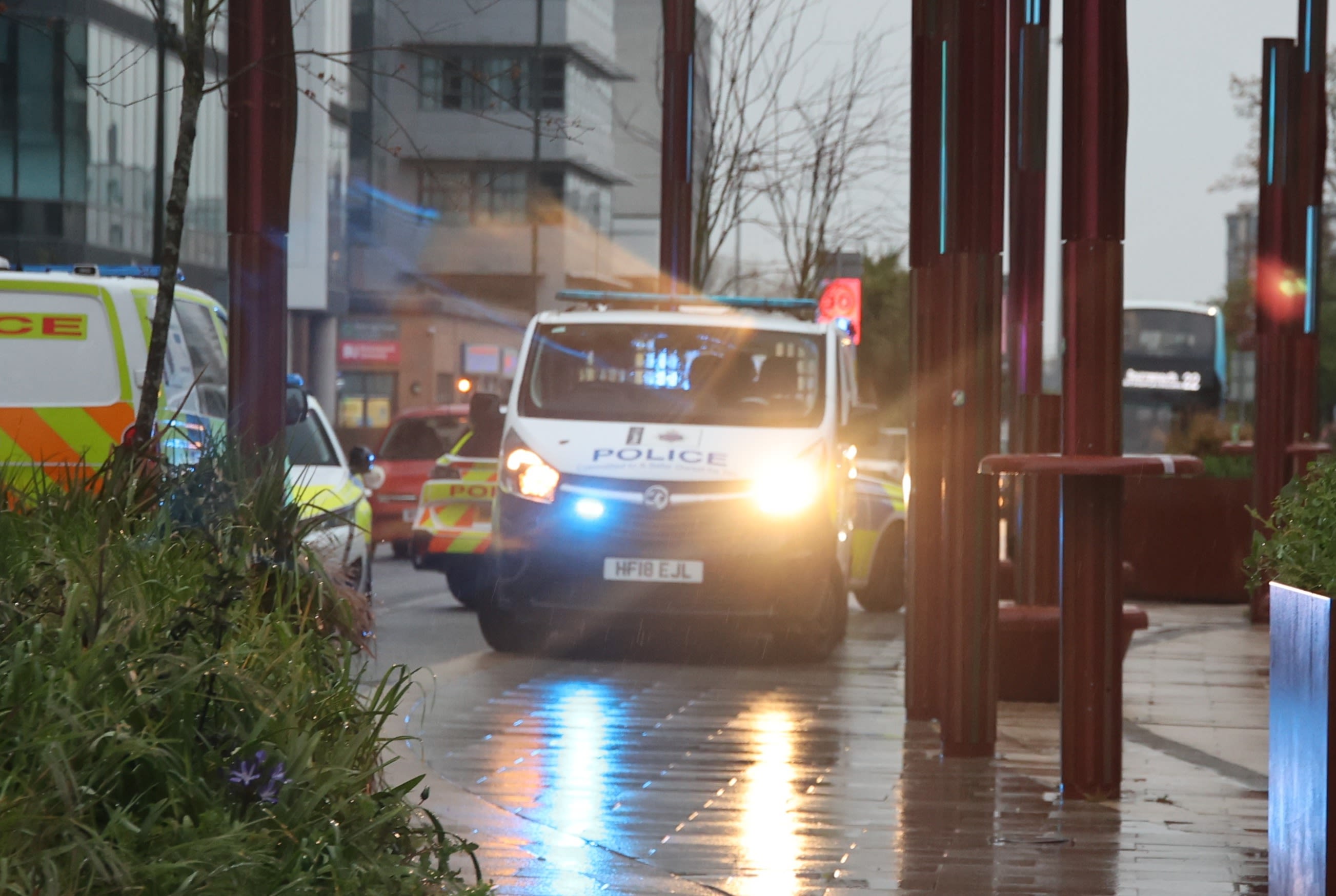
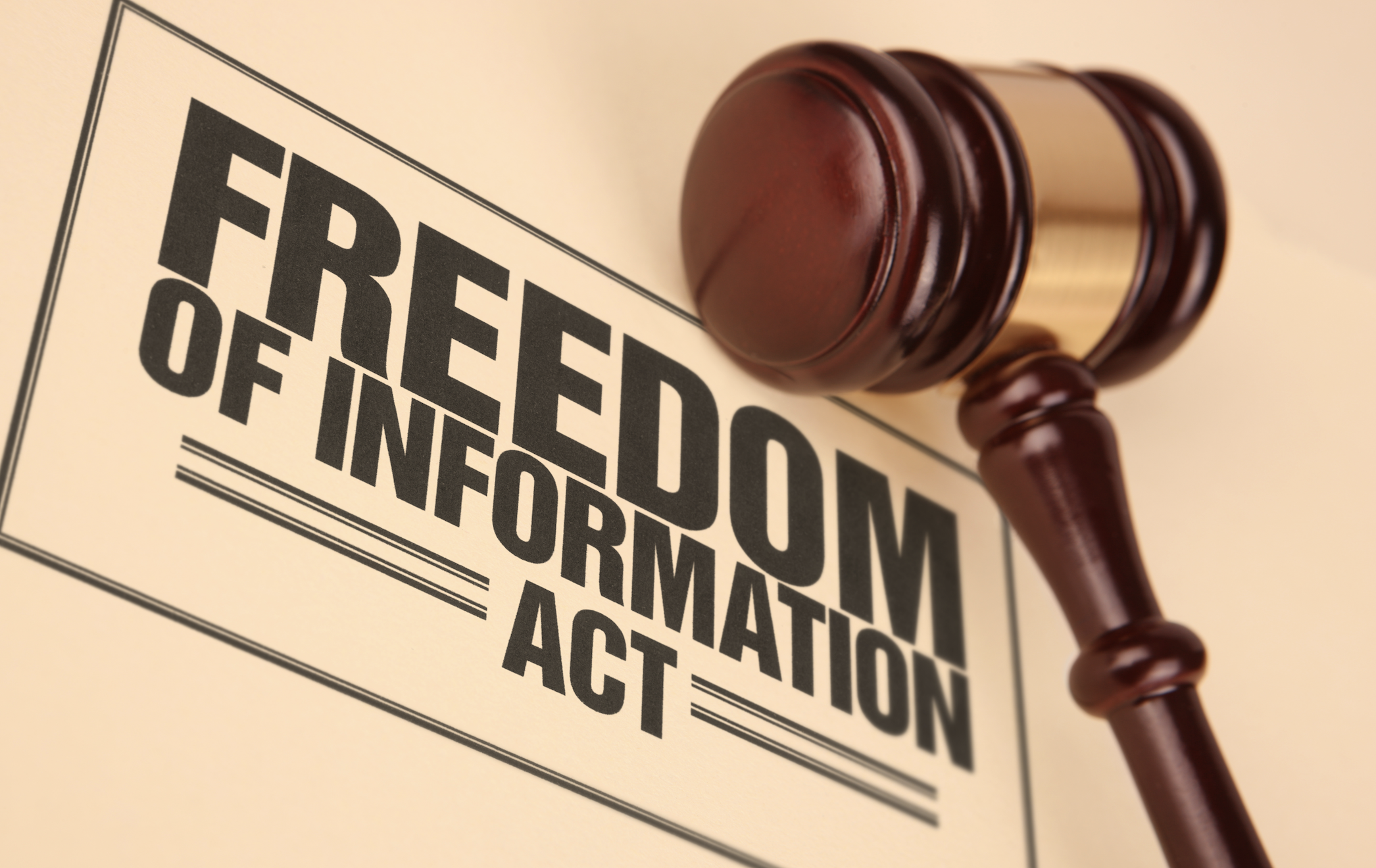
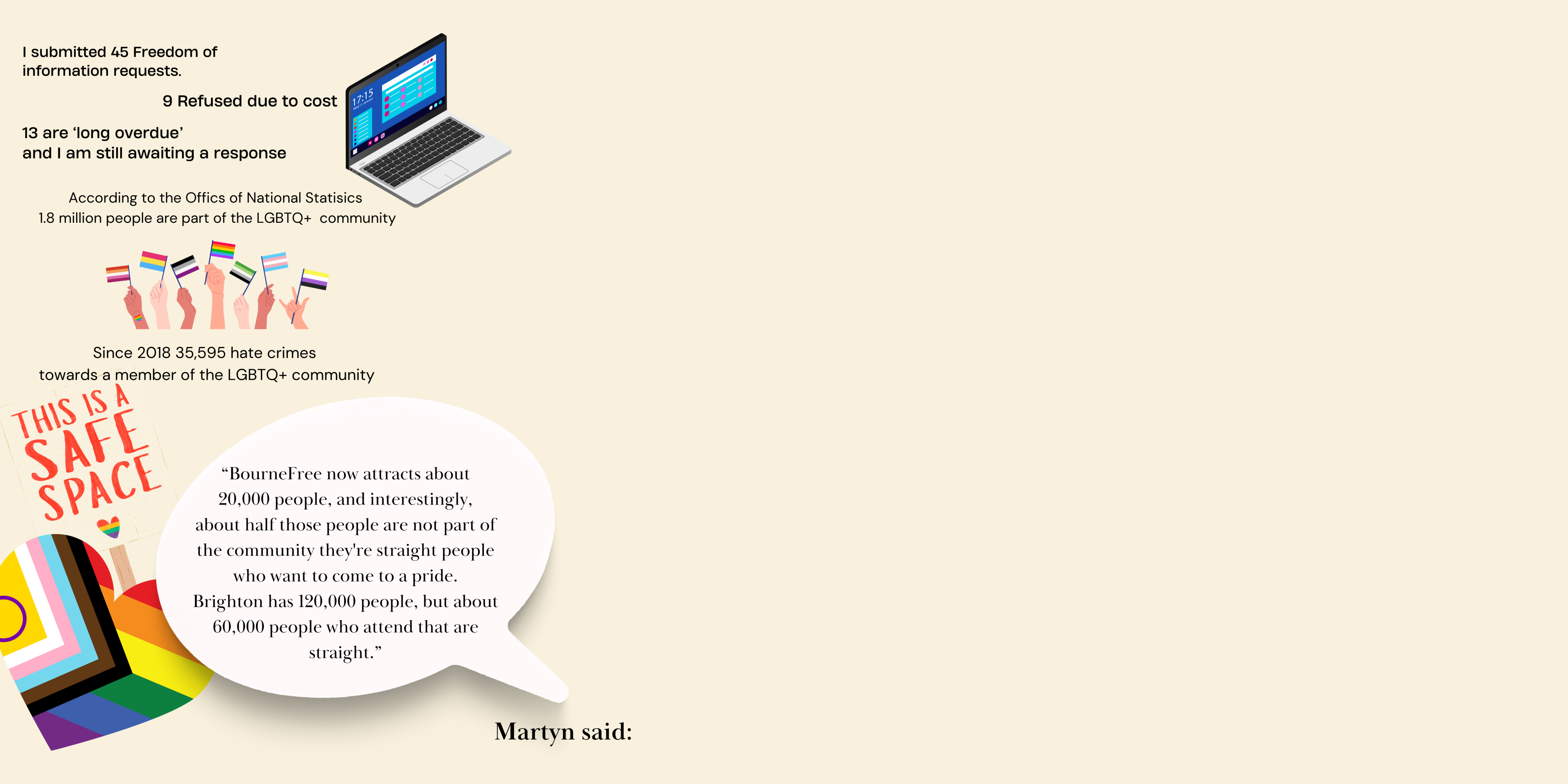
Knowing that hate crime has risen in the last five years has caused Carmilla to worry that she could be a target in the future.
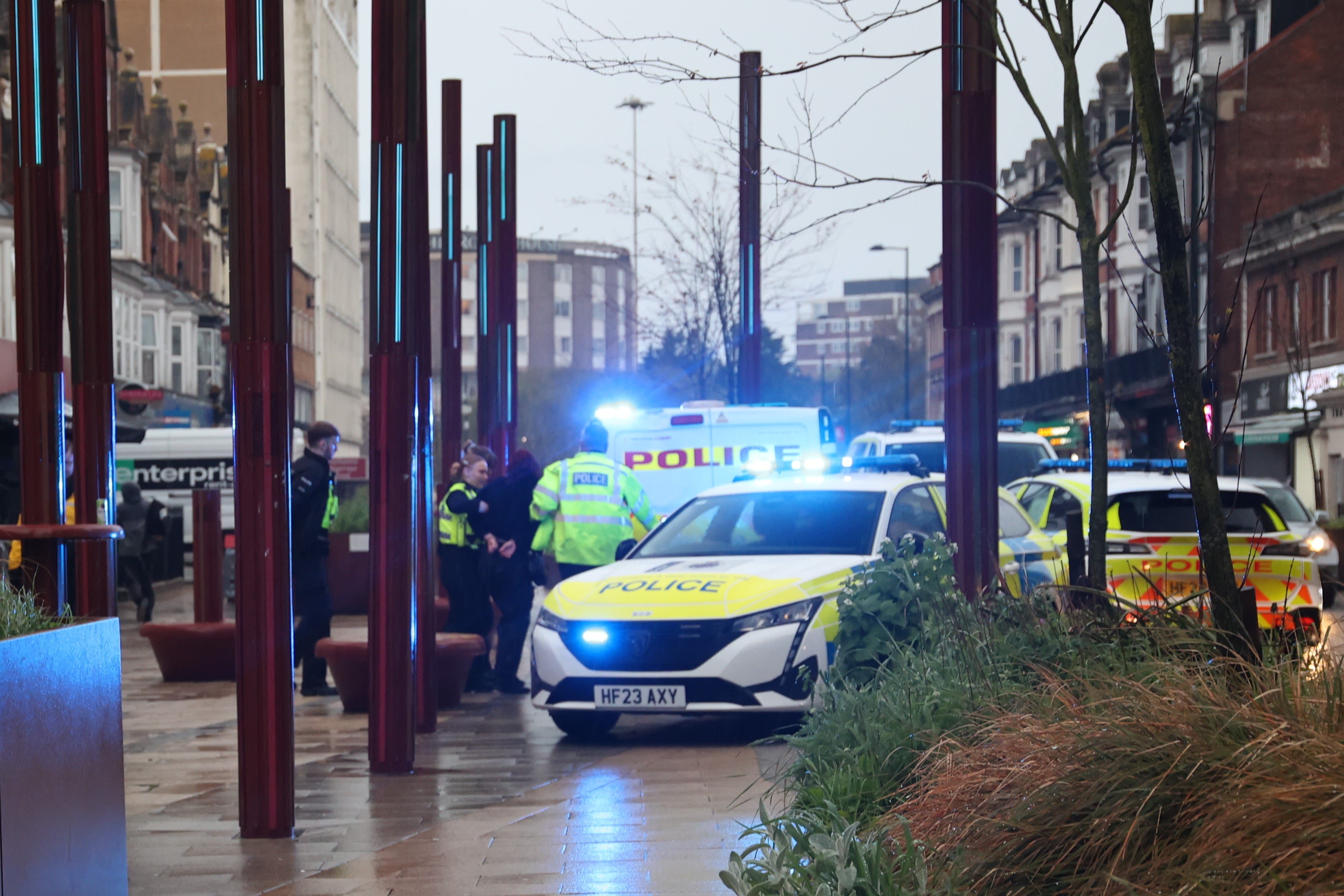
Carmilla Williamson and Martyn Underhill talking about hate crime. Narrated and recorded by Cat Lindsay
“It definitely causes my mental health to dip. It makes me very cautious at times and I always make sure I have contingency plans for a situation. I wouldn’t say it’s a constant paranoia, it fluctuates from day to day.”
She adds: “It can be quite draining; you know having to expend all that energy constantly thinking about this. I have looked back and realised how many contingency plans I have come up with.”
LGBTQ+ mental health statistics from 2018. Infographic created on Canva by Cat Lindsay
LGBTQ+ mental health statistics from 2018. Infographic created on Canva by Cat Lindsay
Carmilla feels the general public could do a few things to support her community. “One thing that can be great for allies to do to help members of the community is to just treat us like people, I mean that’s all we really want is to be treated like everybody else.”
Carmilla’s mum who also volunteers Highcliffe Castle has told her that her presence has helped to educate other members of staff about being transgender and the staff all now where pride flag badges all year round. “Even just wearing something like a pride flag badge, it’s a small but often quite a powerful gesture I find. Even without saying anything it’s conveys solidarity.”
This shows how important education is and Carmilla feels education needs to start as early as possible. “Again, in the name of normalisation and that goes for any kind of education about minorities in society. Yes, we only make up a small percentage of the population, but we are still people.”
Known as the five stages of grief, whilst people are not necessarily 'grieving' about minorities and allies standing up for themselves, but the journey to acceptance mirrors the stages of grief. Change to public attitudes takes years and often involves backlash, hate crime and hostility before it gets better and minorities are accepted . Infographic created on Canva by Cat Lindsay
Known as the five stages of grief, whilst people are not necessarily 'grieving' about minorities and allies standing up for themselves, but the journey to acceptance mirrors the stages of grief. Change to public attitudes takes years and often involves backlash, hate crime and hostility before it gets better and minorities are accepted . Infographic created on Canva by Cat Lindsay
Martyn agrees “if you're steering a tanker, it takes you about three hours to change direction. It takes a long time to change public attitudes. Education needs to be started early on at school. I'm a governor of my local school and hate crime is discussed with children who are six.” Martyn thinks Pride events educate too, “you're educating every time you do a parade.”
Martyn feels hate crime needs to be better understood.
“This great saying sticks and stones will break my bones, but words will never hurt me. Well, they do.
I've realised the offenders don't realise the huge damage they caused with one-off comment,” admits Martyn, who adds “you have no idea how your comments going to be received, so just don't make it.”
Even if someone isn’t directly targeted, Camilla says the knock-on effect of an incident can cause lasting damage to a transgender person’s life. “I would just ask, almost as a rhetorical question, why should we have to live like that? It’s a horrible way to live. No-one should have to live life that way”.
Martyn says there are several ways for allies to celebrate diversity “on social media, go to gay-friendly venues. In Bournemouth there’s Flirt Café.”
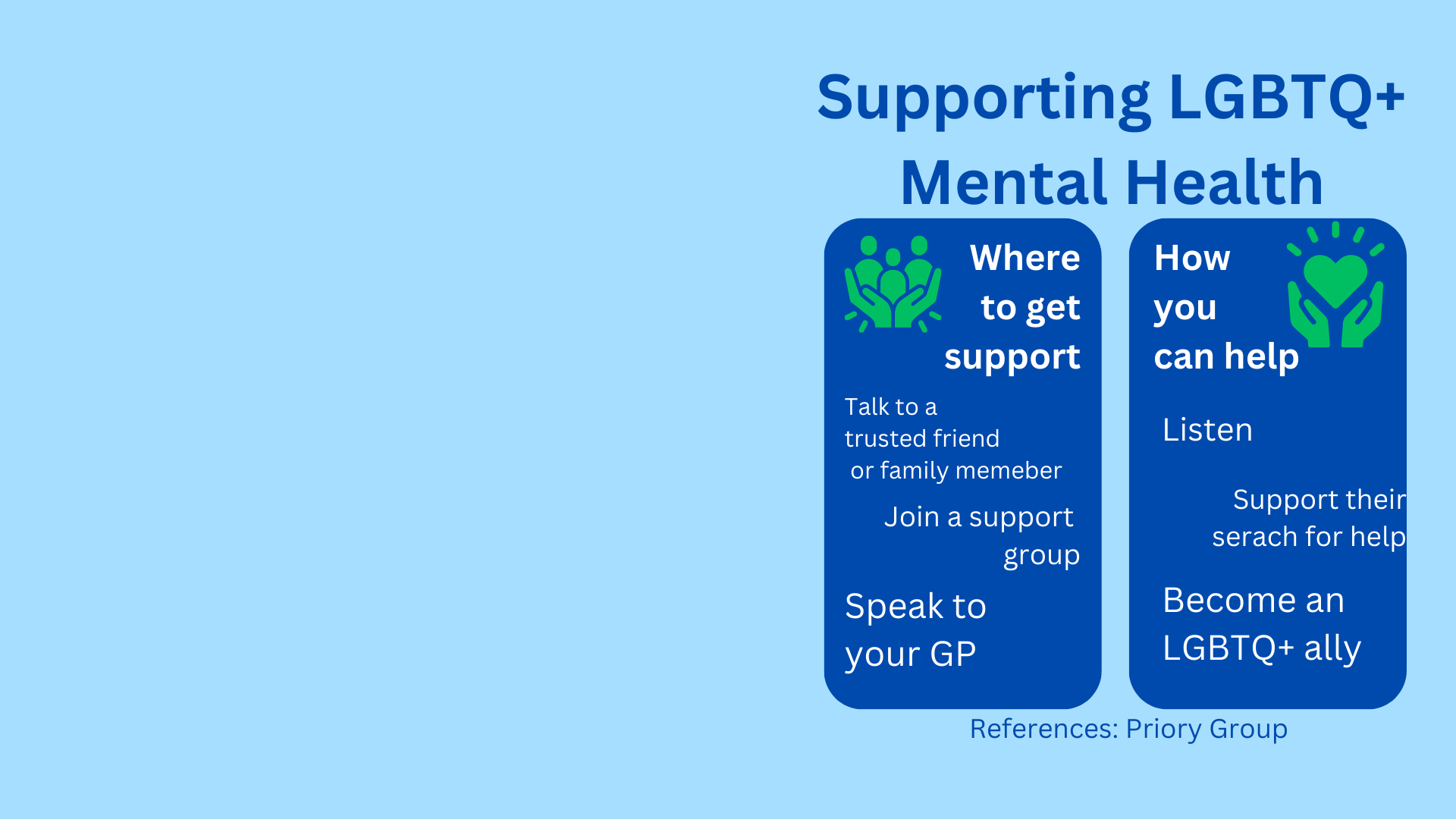
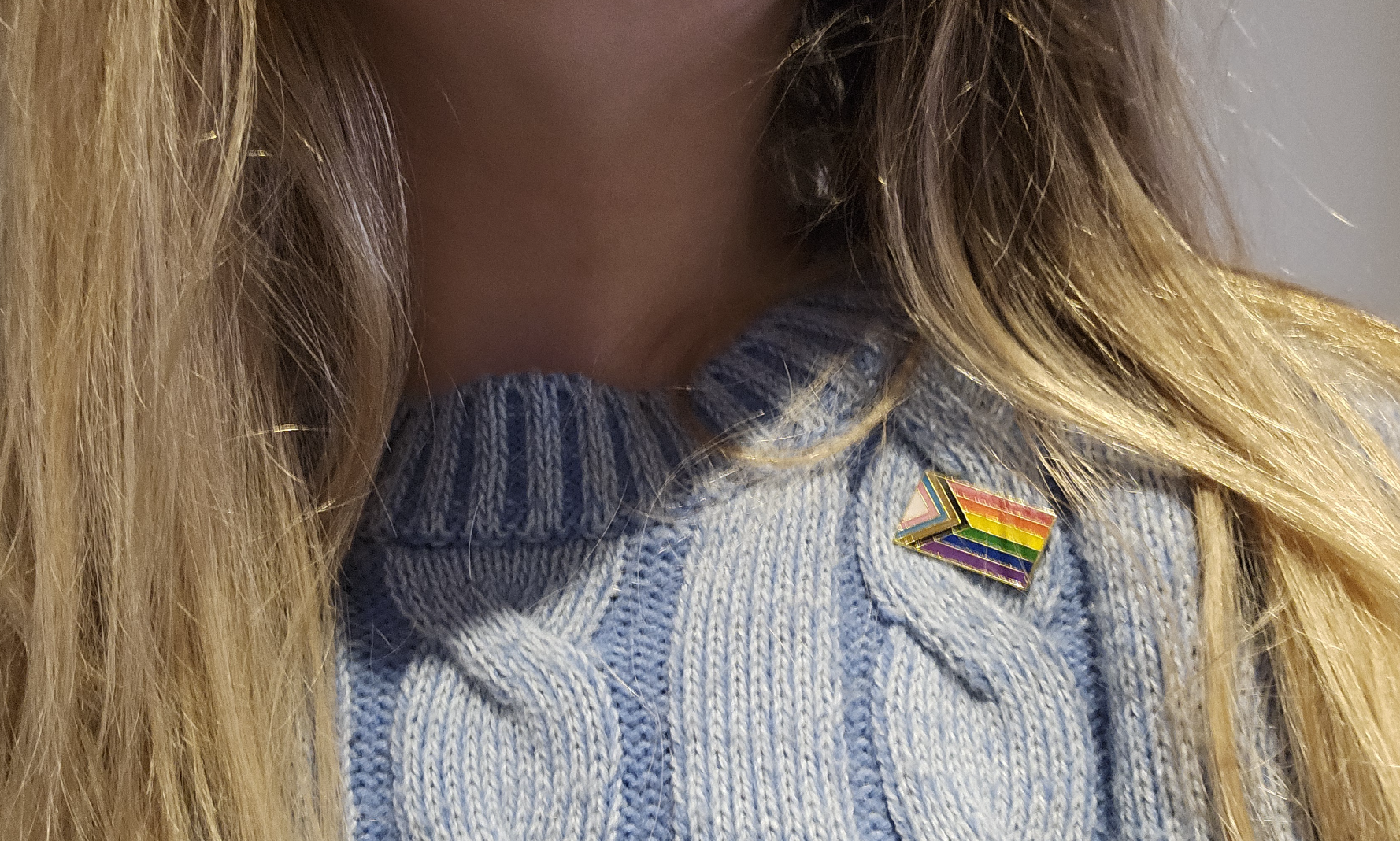
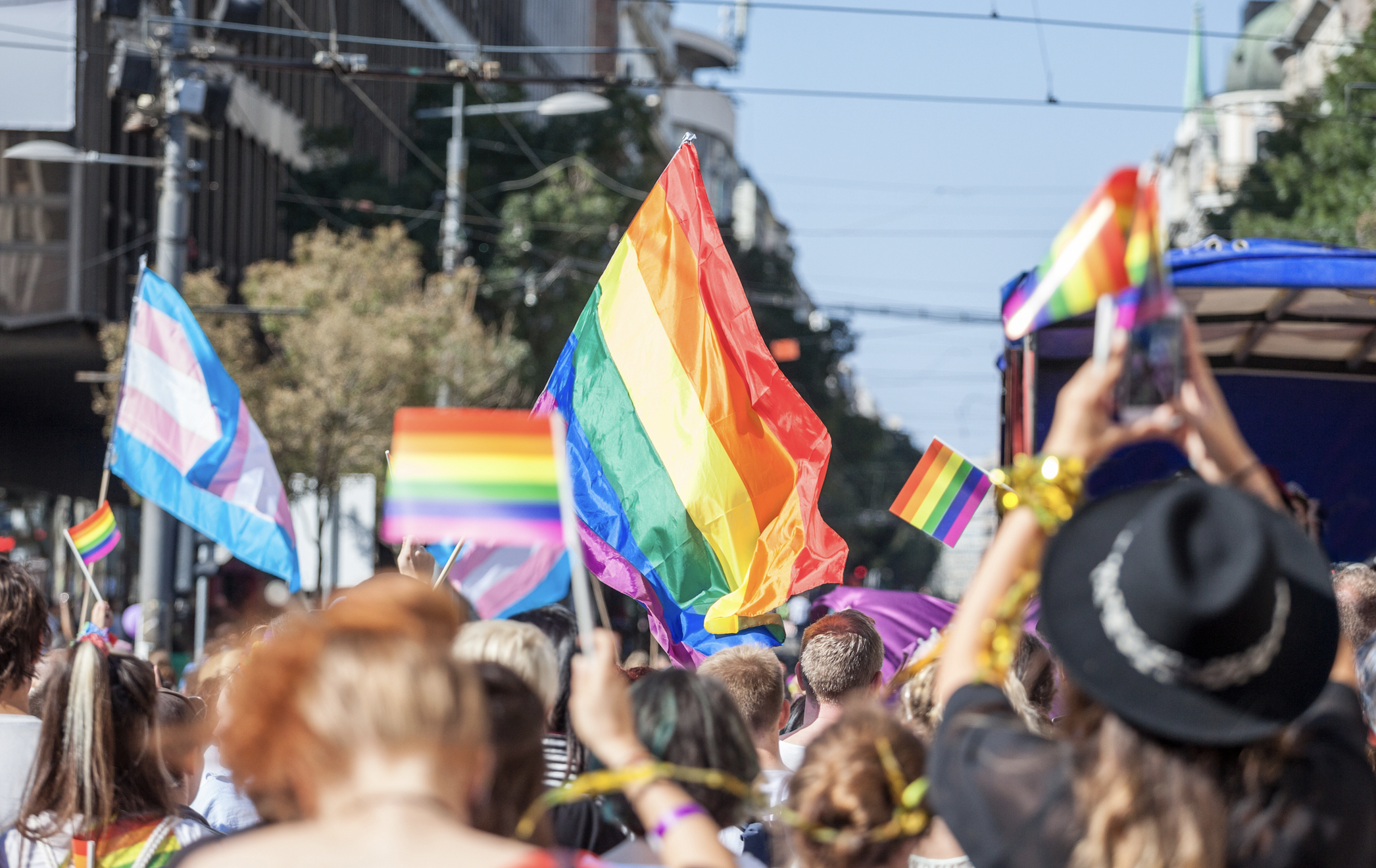
On an individual level, one thing that can be great for allies to do to help members of the community is to just treat us like people, I mean that’s all we really want.
- Carmilla
